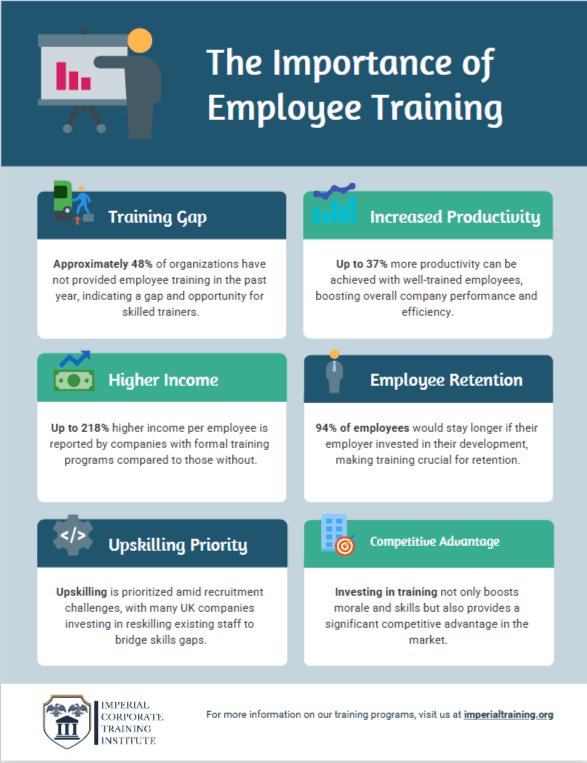The Londoner News

London Politics News
Britain Announces National Cyber Defence Strategy 2025 to Counter Growing Digital Threats
The UK launches its National Cyber Defence Strategy 2025 to boost resilience, protect infrastructure, and counter cyber threats from hostile actors.
By Newsroom











